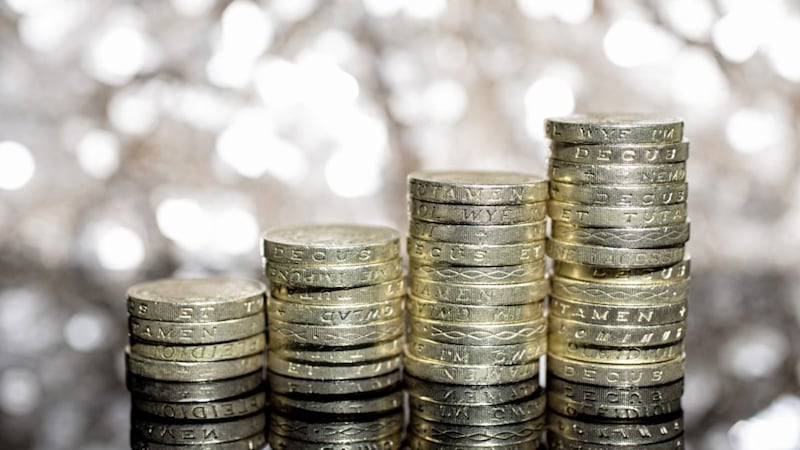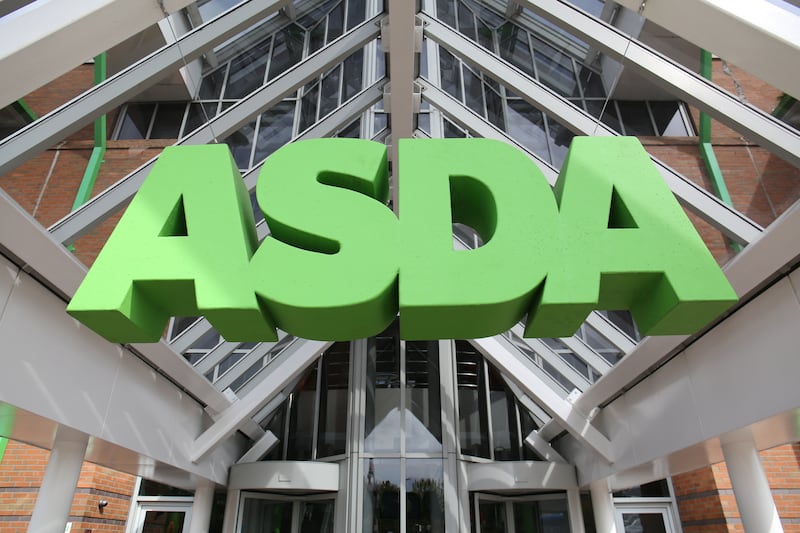INCREASES in the cost of the family food shop, filling up at the pumps, and a last-minute price spike in flights have all contributed to inflation rising to 3 per cent - the biggest squeeze on households in five years.
And life's basics are getting more expensive just as people's pay packets have stagnated, with wage growth falling behind inflation, despite UK unemployment being at a record low.
Figures from the Office for National Statistics (ONS) showed the Consumer Price Index (CPI) measure of inflation rose to 3 per cent in September, up from 2.9 per cent in August and in line with expectations.
It matches the level in April 2012, with the rate last higher in March that year when it reached 3.5 per cent.
Households have been feeling the pinch as the Brexit-hit pound bumps up everyday prices and wage growth tracks behind inflation.
ONS head of inflation Mike Prestwood said: "Food prices and a range of transport costs helped push up inflation in September.
"These effects were partly offset by clothing prices that rose less strongly than this time last year."
The jump in CPI leaves Bank of England Governor Mark Carney on the brink of having to write a letter to Chancellor Philip Hammond explaining why inflation is rising so rapidly.
The Government has set an inflation target of 2 per cent, with protocol dictating that Mr Carney must contact the Chancellor if inflation exceeds 3 per cent or falls short of 1 per cent.
It came as the Retail Price Index (RPI), which is used to set next year's business rates, was unchanged last month at 3.9 per cent.
Despite coming in shy of expectations, the rate still ensures businesses face a hefty tax hike in 2018 on top of the £23.9 billion the Government is expected to haul in from English firms this year.
Focusing on CPI, the ONS said food and non-alcoholic drinks rose by 0.8 per cent month-on-month in September after falling by 0.1 per cent over the same period last year.
On an annual basis, prices rose by 3 per cent last month, its highest level since October 2013 when it climbed by 3.9 per cent.
Transport costs also put upward pressure on the headline rate in September after recording a smaller month-on-month fall of 1.3 per cent in contrast to a drop of 2.3 per cent in 2016.
Fuel prices also pushed higher, with petrol and diesel both stepping up by 2.5p on the month to 118.2p and 120.1p respectively.
The Consumer Price Index, including owner-occupiers' housing costs (CPIH), was 2.8 per cent in September, up from 2.7 per cent in August.
CPIH is the ONS's preferred measure of inflation, which includes costs associated with living in, maintaining and owning a home.








